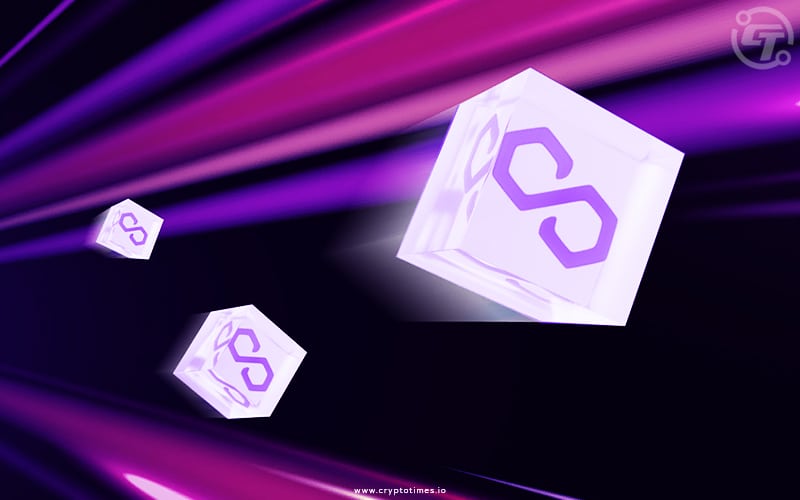In the world of blockchain technology, a discussion has emerged surrounding the concept of EVM (Ethereum Virtual Machine) parallelization. This approach promises to revolutionize the scalability of EVM chains.
Recently, Sei, a blockchain developer, has been claiming to introduce the first parallelized EVM chain, with an update expected in the first half of 2024. However, these claims disagree, with Polygon Labs entering the tax to challenge Sei’s claims.
Polygon’s Counterclaim to Sei’s Parallelization Assertions
Polygon Labs, a part of the blockchain arena, has openly disputed Sei’s statements. In a recent post on January 2, Sandeep Nailwal, co-founder of Polygon, emphasized that their PoS (Proof of Stake) chain has already implemented parallelization.
He credits this technology as the backbone supporting the network’s stability during high transaction periods, particularly with inscriptions.
However, Jarrod Watts, a developer engineer at Polygon Labs, echoed Nailwal’s comments in a thread dated January 3. Watts pointed out that contrary to Sei’s marketing, Polygon had already been utilizing EVM parallelization in production for four months.
He underlined Polygon’s efficiency by referencing its successful processing of approximately 168 million inscriptions, a volume unmatched by other EVM networks. Watts noted that networks handling less volume often faced blackouts during top demand.
Watts drew parallels with Aptos’ Block STM engine. This engine simultaneously executes multiple transactions, assuming they are independent. It addresses any conflicts or dependencies by revalidating the impacted transactions.
Polygon Labs adapted this method for the EVM through a strategy labeled the minimal metadata approach. This involves attaching metadata to transactions identified as dependent after parallel execution. Validators use this metadata to process transactions appropriately.
This system allows network participants to recognize and respond to dependency metadata within the block, enabling block builders to optimize block proposals. By considering transaction dependencies, they can create blocks with fewer conflicting transactions, enhancing efficiency.
A December 2022 blog post from Polygon Labs revealed that initial tests showed the network processing transactions nearly twice.
This development promises to blend Solana’s high-speed capabilities with Ethereum’s established smart contract functionalities, marking an advancement in blockchain technology.
Also Read: Polygon Halts ‘Edge’ Development and Shifts Focus to ZK






